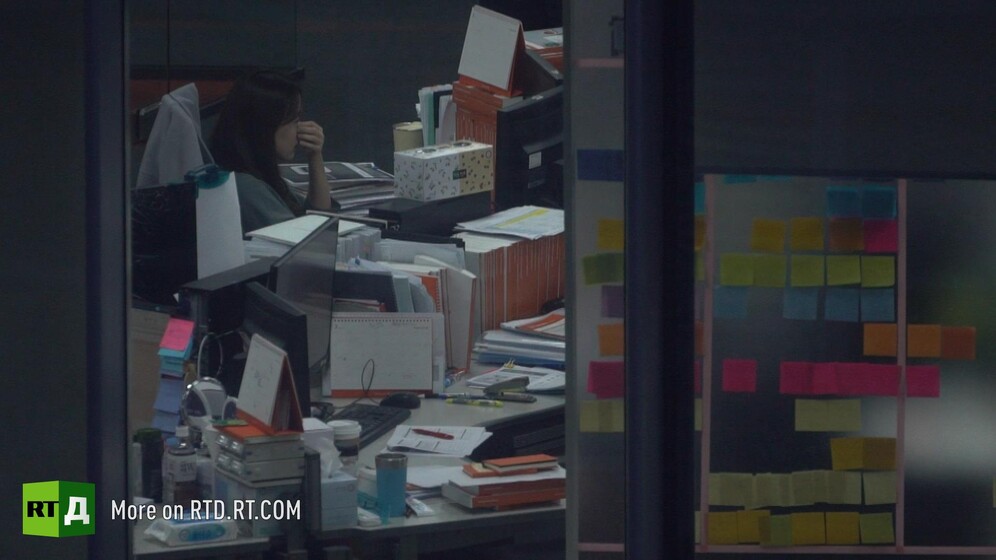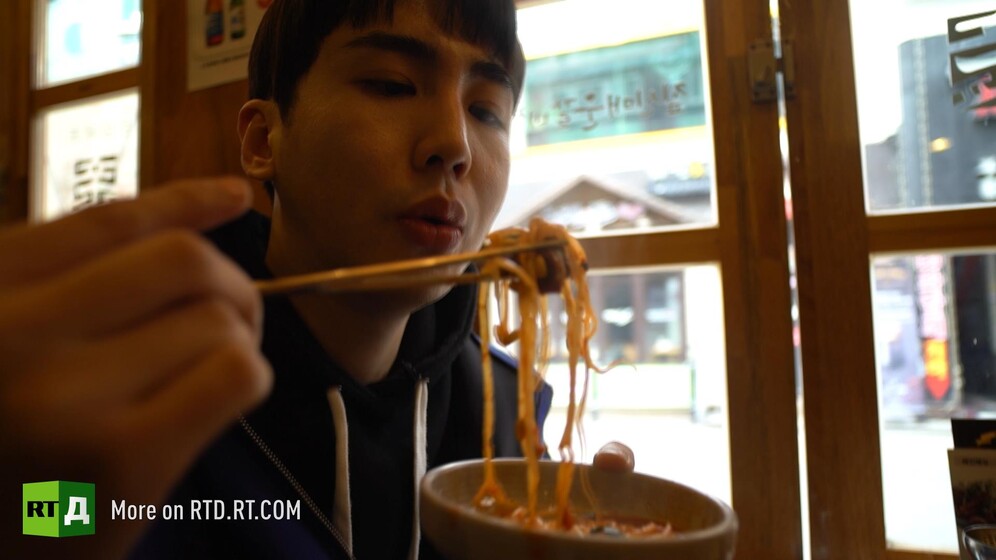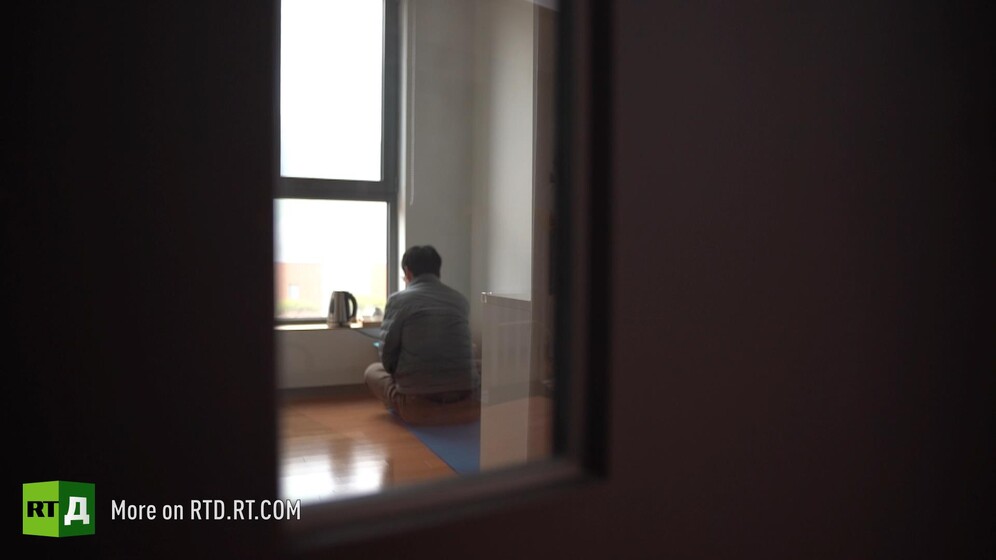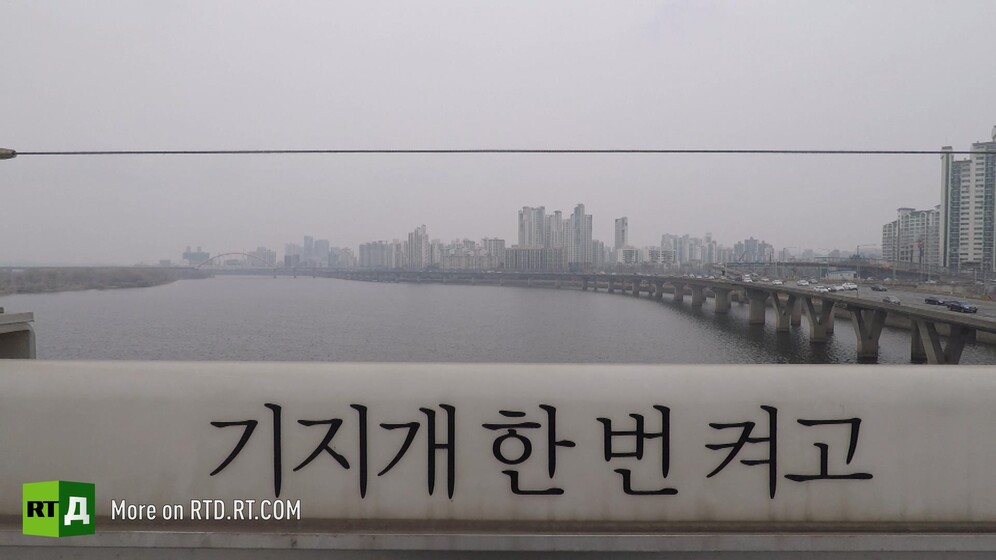South Korea’s extreme measures against extreme pressure
South Koreans are known for their workaholic culture and rigid labour ethic that helped a once-impoverished agrarian nation transform into an economic powerhouse and technological hub. Behind its staggering growth, however, often lurks an overworked employee suffering from enormous stress, gruelling work habits and a highly-competitive environment.

Pressure starts mounting on South Koreans in early childhood. Kids are put under immense pressure to get good grades at school that will see them get into a top university and then find a great job. But it doesn’t get easier once employed. Workers are often expected to stay late, wait until their bosses depart, and even take their work home. Until last year, the country had some of the longest work weeks in the world, when the government limited it from whopping 68 hours to 52.

South Korea’s government is dealing with overworking culture by making companies shut down computers and turn off the lights after a certain time. However, workers faced with high levels of stress, risks of emotional burnout, suicide and even death by overwork find their own ways to let off steam.

Some resort to binge-drinking of soju, a traditional South Korean spirit, accompanied by spicy food. Others choose drastic measures, such as staging their own funerals in an attempt to appreciate life. The bizarre experience includes dressing in burial robes, signing a will, saying a final goodbye and lying inside a coffin.
Staying in a temple or a mock prison is another trend popular among South Koreans seeking to escape daily stress. There they can disconnect from the outside world for a day or two, praying or sitting in single cells without phones or other gadgets.

See how they let it all out in South Korea with an RTD crew. We visit a fake gaol, Prison Inside Me, in Hongcheon to find out why locals voluntarily lock themselves up. We also attend a group funeral for very-much-alive South Koreans in the Hyowon Healing Centre in Seoul, and experience a Zen retreat in a Korean temple.